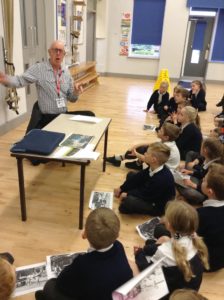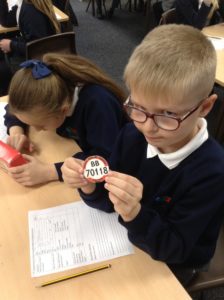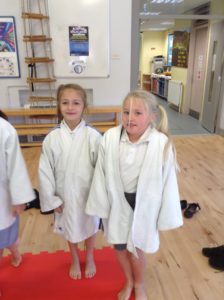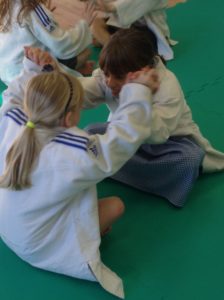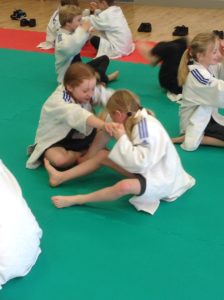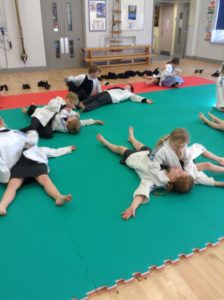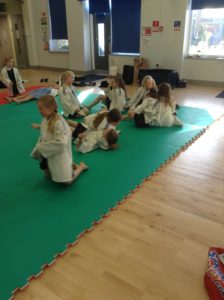Some of you might have spotted an article in the Sunday Times today about a group of parents who have concerns about homework. As part of the article, the newspaper has carried out research on a sample of 80 schools and their homework policies, including Scholes (Elmet) Primary.
Articles like this are not especially helpful, especially when they take only a very short extract from our policy: ‘At Scholes (Elmet) Primary School in Leeds parents are contacted “if homework is of a regular poor standard, or . . . regularly not handed in”, according to the website.’
First, it’s not quite accurate. Our policy says: ‘We will communicate to parents/carers if homework is of a regular poor standard, or which is regularly not handed in.’ It would be extremely rare for us to contact parents/carers specifically about homework. Typically, we would wait until parent-teacher consultations or the annual report and make a comment at that point.
Second, the article doesn’t really present the big picture. Our Homework Policy presents a clear rationale for homework, backed up by research evidence. A review of the research around homework indicates that ‘Effective homework is associated with greater parental involvement and support…The broader evidence base suggests that short focused tasks or activities which relate directly to what is being taught, and which are built upon in school.’ We believe our homework tasks achieve this: Talk Time is almost entirely about developing parental involvement and support in a way that is easy to achieve – ideally sitting together over a meal, but possible even in the car or walking to school; Creative homework is designed to let children demonstrate their learning in a way that suits their own ideas and preferences, and one where families can talk about and be involved in to whatever extent they choose. These two, plus the more traditional Practice Makes Perfect homework, are always based on learning that relates directly to what is being taught in school.
The policy also promotes other activities that will enrich children’s childhood: ‘Whilst homework develops children’s learning and independence, quality family time, play and free time are also important. Homework should not prevent children from taking part in wider activities such as those offered by out-of-school clubs and other organisations. Children develop their interests and skills to the full only when parents/carers encourage them to make maximum use of the opportunities available outside school.’
Third, this article was in today’s Sunday Times. Less than four years ago, the same newspaper published a very different article:
‘ONE of the biggest studies of homework ever carried out proves what every parent has always told their child — knuckling down after school pays dividends. An international study of the homework patterns of 15-year-olds in 65 countries has revealed a clear link between longer homework hours and higher academic performance. “These findings should finally silence sceptics who have argued that homework is bad for youngsters, causing stress and division in families,” said Alan Smithers, professor of education at the University of Buckingham. He called on more schools to take homework seriously by enforcing sanctions when pupils fail to do it.’
It’s a pity that today’s article misses an opportunity to present a more balanced report, even at the expense of referring to its own previous journalism.
Our Homework Policy was developed in consultation with parents/carers. Each year, we consider carefully views expressed in our annual survey – inevitably, some parents/carers feel there is too much but the majority support the current policy.


